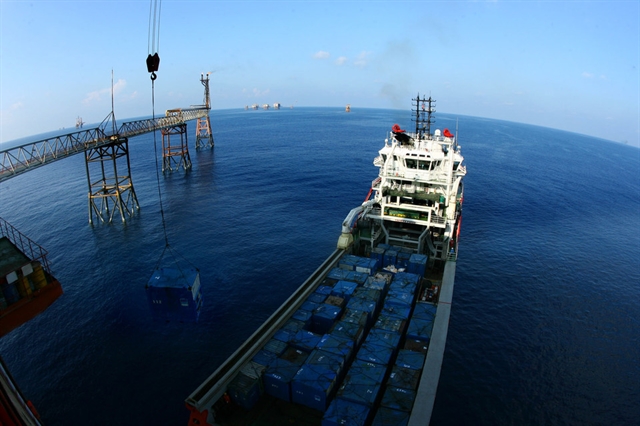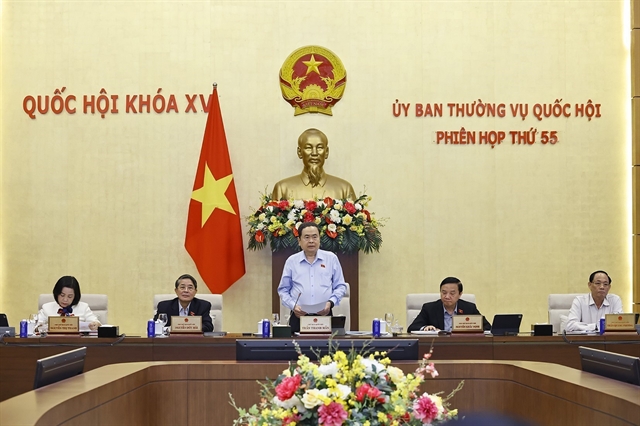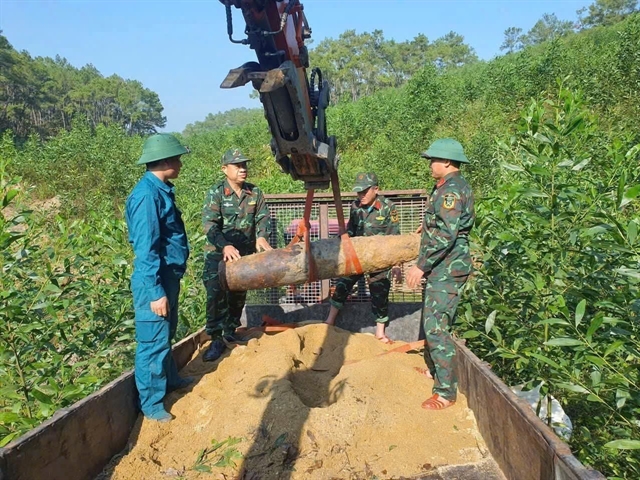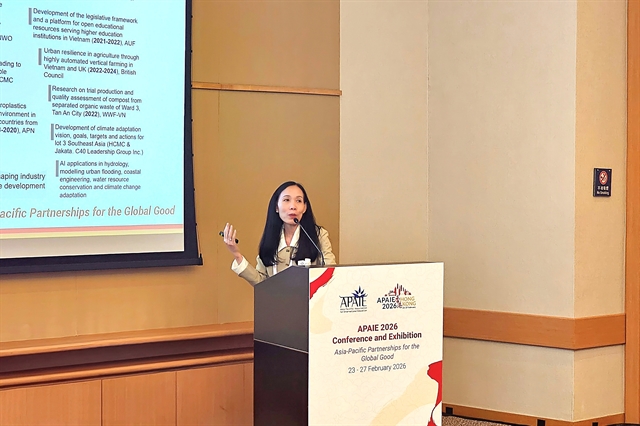 Society
Society

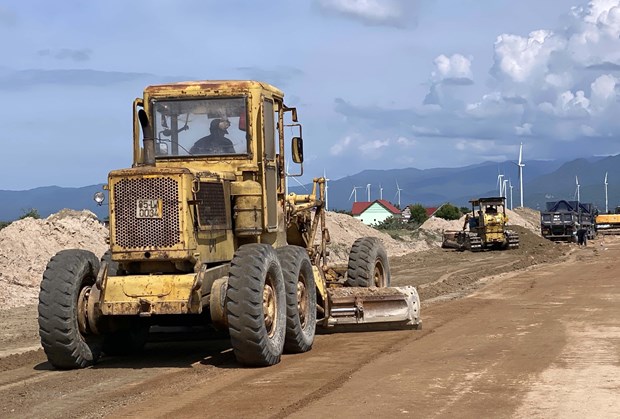
|
| Three national highways in Cửu Long (Mekong Delta) provinces are expected to be upgraded and improved with a total investment cost of VNĐ7.1 trillion. — VNA/VNS Photo |
HCM CITY — The Ministry of Transport has proposed projects to upgrade and improve three national highways, 53, 62 and 91B, in Cửu Long (Mekong Delta) provinces.
The total investment cost of the above projects will be VNĐ7.1 trillion (US$304.3 million)
The project of upgrading National Highway 53 includes upgrading a section passing through Long Hồ – Ba Si in Vĩnh Long and Trà Vinh provinces with a length of 46 kilometres and constructing a 23-kilometre bypass in Vũng Liêm District, Vĩnh Long Province. The project will cost over VNĐ1.8 trillion, of which the reciprocal capital is VNĐ580 billion.
A project to improve 77 kilometres of National Highway 62 and build an 8-kilometre bypass through the town of Tân Thành, Tân Thành District, Long An Province, will cost an estimated VNĐ2.2 trillion, including a loan of VNĐ1.5 trillion and reciprocal capital of VNĐ705 billion.
For the 142-kilometre National Highway 91B south of the Hậu River, the total investment capital will be VNĐ1.5 trillion, of which over VNĐ1.3 trillion will be sourced from borrowing.
The above projects are expected to shorten travel times, meet transportation demand, ensure traffic safety, complete the regional road systems and help respond to climate change in the Mekong Delta.
In addition, 16 projects worth VNĐ94.3 trillion (US$4 million) are proposed to boost traffic connections and prevent erosion and drought in the Mekong Delta.
Among those projects are a coastal road running 415 kilometres through seven provinces at a cost of VNĐ43 trillion and the second phase of an embankment project worth VNĐ4.1 trillion in Vĩnh Long.
The remaining projects include building new roads and canals or upgrading existing ones in the region.
The Mekong Delta, covering 40,000 square kilometres (four million hectares), or 13 per cent of the nation’s total area, is home to 17.5 million people, or 18 per cent of the nation’s population.
For generations, the delta, which has 1.5 million hectares of land cultivating rice, has been the rice bowl of the nation.
The region accounts for half of the nation’s rice production, 95 per cent of rice exports, 65 per cent of aquaculture production, and 70 per cent of fruit output. — VNS

